Trump Proposes Auto Loan Interest Deduction for U.S.-Made Vehicles
Tax Incentive Aims to Boost Domestic Auto Production Amid New Tariffs
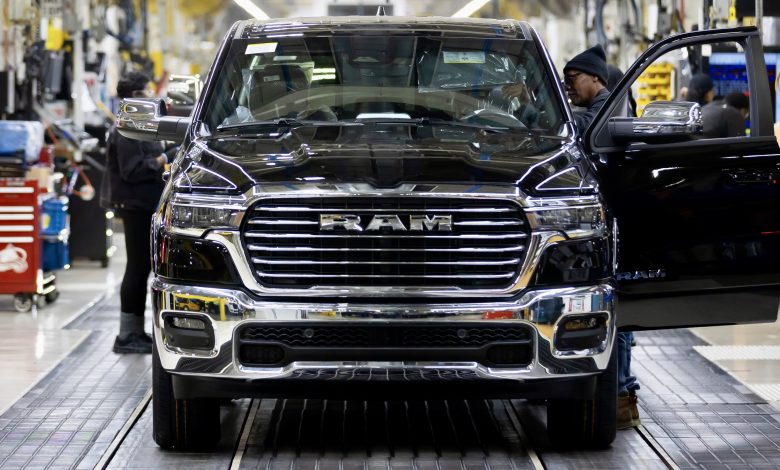
President Donald Trump has unveiled a proposal that would allow consumers to deduct the interest paid on auto loans for vehicles manufactured in the United States. The plan is designed to incentivize domestic auto production while potentially offsetting price increases caused by recently announced tariffs on imported vehicles. House Speaker Mike Johnson is reportedly collaborating on the initiative, but key details regarding eligibility and implementation have yet to be finalized.
Tariffs and the Proposed Deduction –
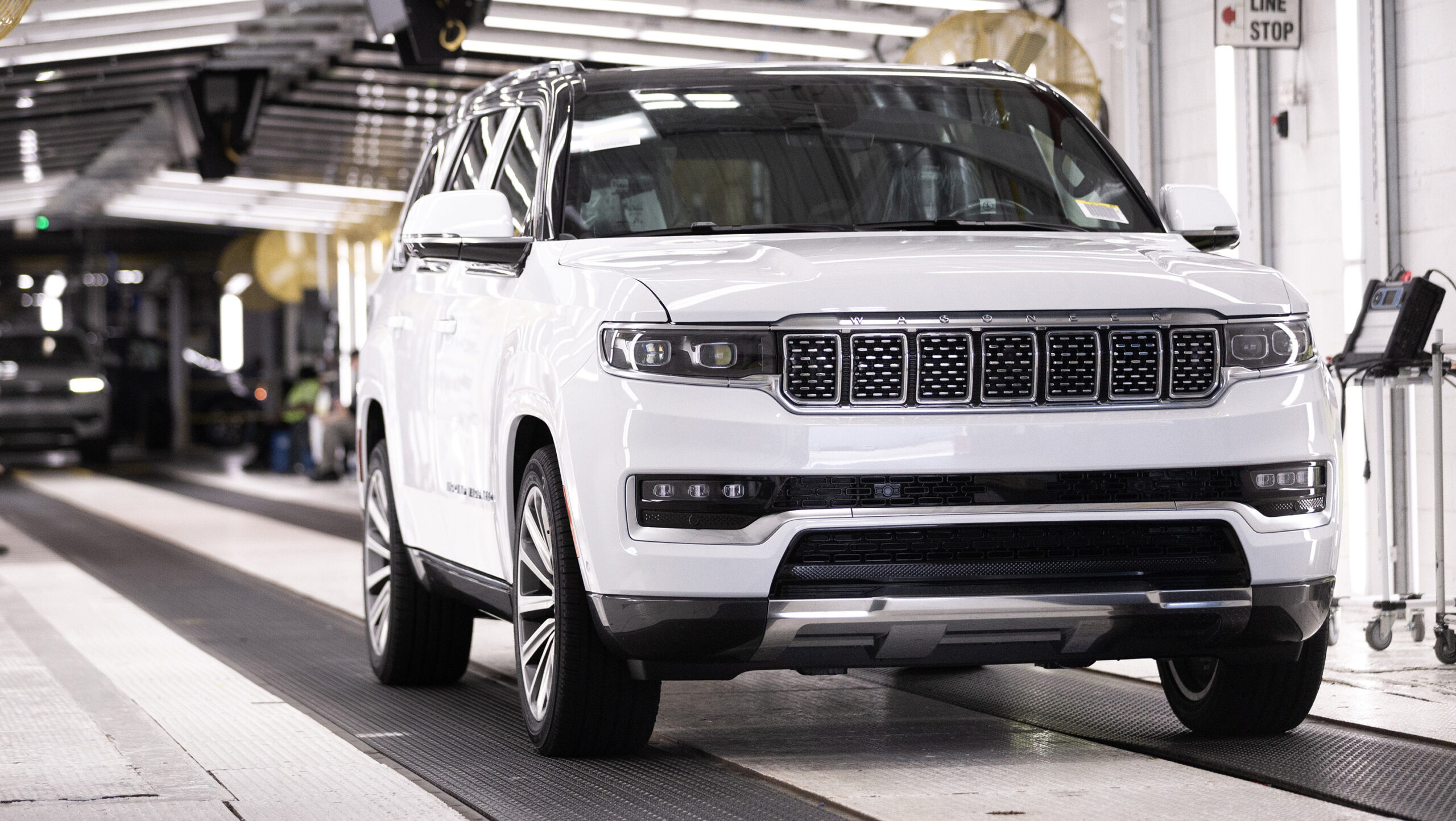
This proposal follows Trump’s announcement of a 25% tariff on all imported vehicles, set to take effect on April 3. Under the plan, buyers who finance the purchase of a U.S.-made vehicle would be able to deduct their loan interest payments on federal income taxes. However, it remains unclear whether the deduction would be available only to those who itemize their tax returns or if it would apply to all taxpayers.
Industry Response and Economic Impact –
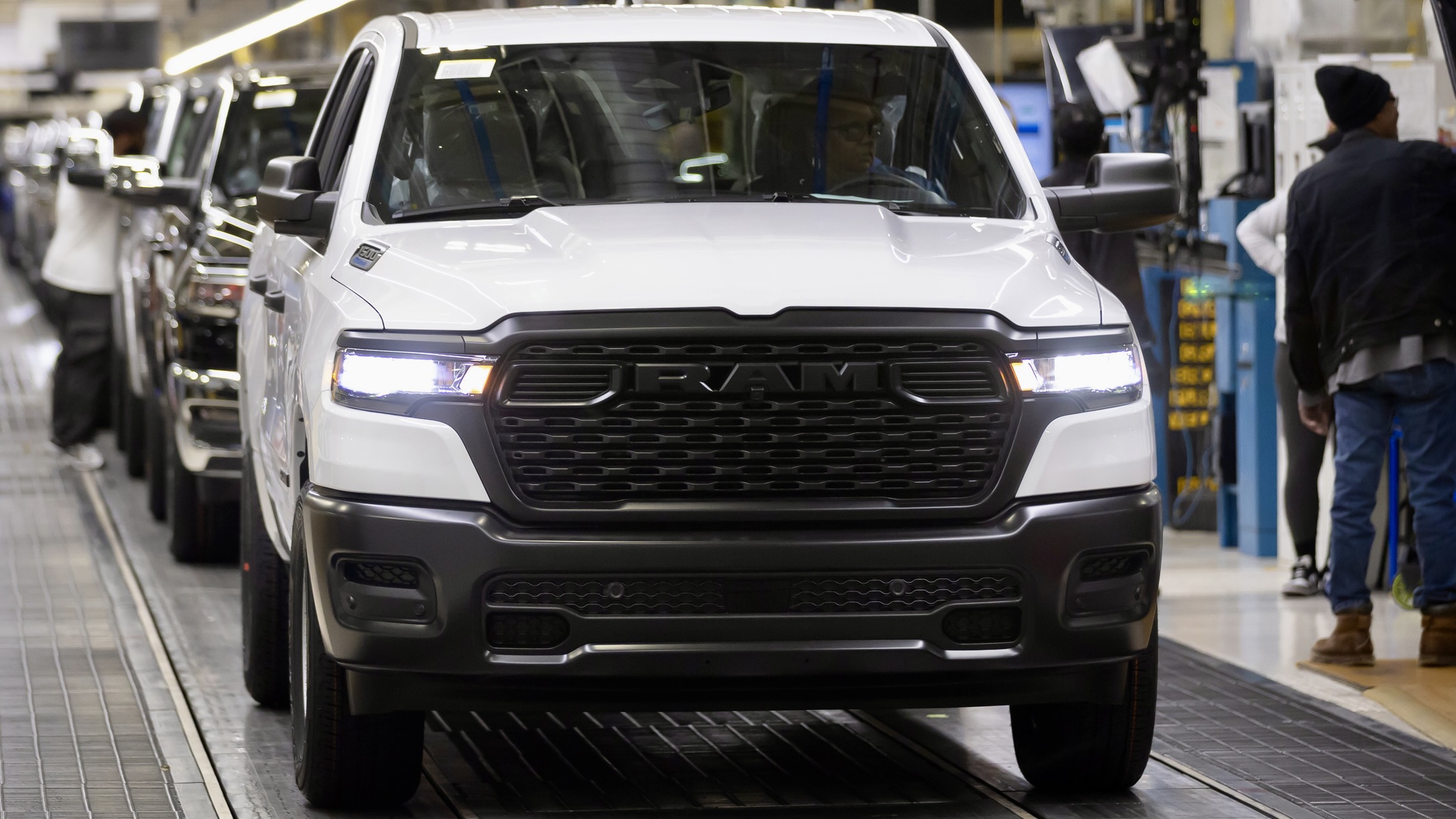
Reactions to the proposal have been mixed. Some auto dealers view it as a positive step, recalling that auto loan interest was deductible before being eliminated by the Tax Reform Act of 1986 under President Ronald Reagan. If reinstated, the deduction could encourage more buyers to choose vehicles built in the U.S., thereby supporting American auto manufacturing and potentially easing some of the financial burden caused by higher vehicle costs.
However, industry analysts are skeptical about whether the proposed tax break would be enough to offset the impact of increased tariffs. According to J.P. Morgan analysts, while the deduction could save consumers approximately $20 per month on their car loans, the new tariffs are expected to increase vehicle prices significantly, potentially adding $60 to $90 per month to financing costs. Even with the deduction, buyers could still face higher overall payments.
Trump has expressed confidence that increased domestic vehicle production would recoup any tax revenue lost from the deduction. He argues that the incentive will encourage automakers to keep production within U.S. borders rather than shifting operations overseas.
Stellantis Vehicles Built in the U.S. –
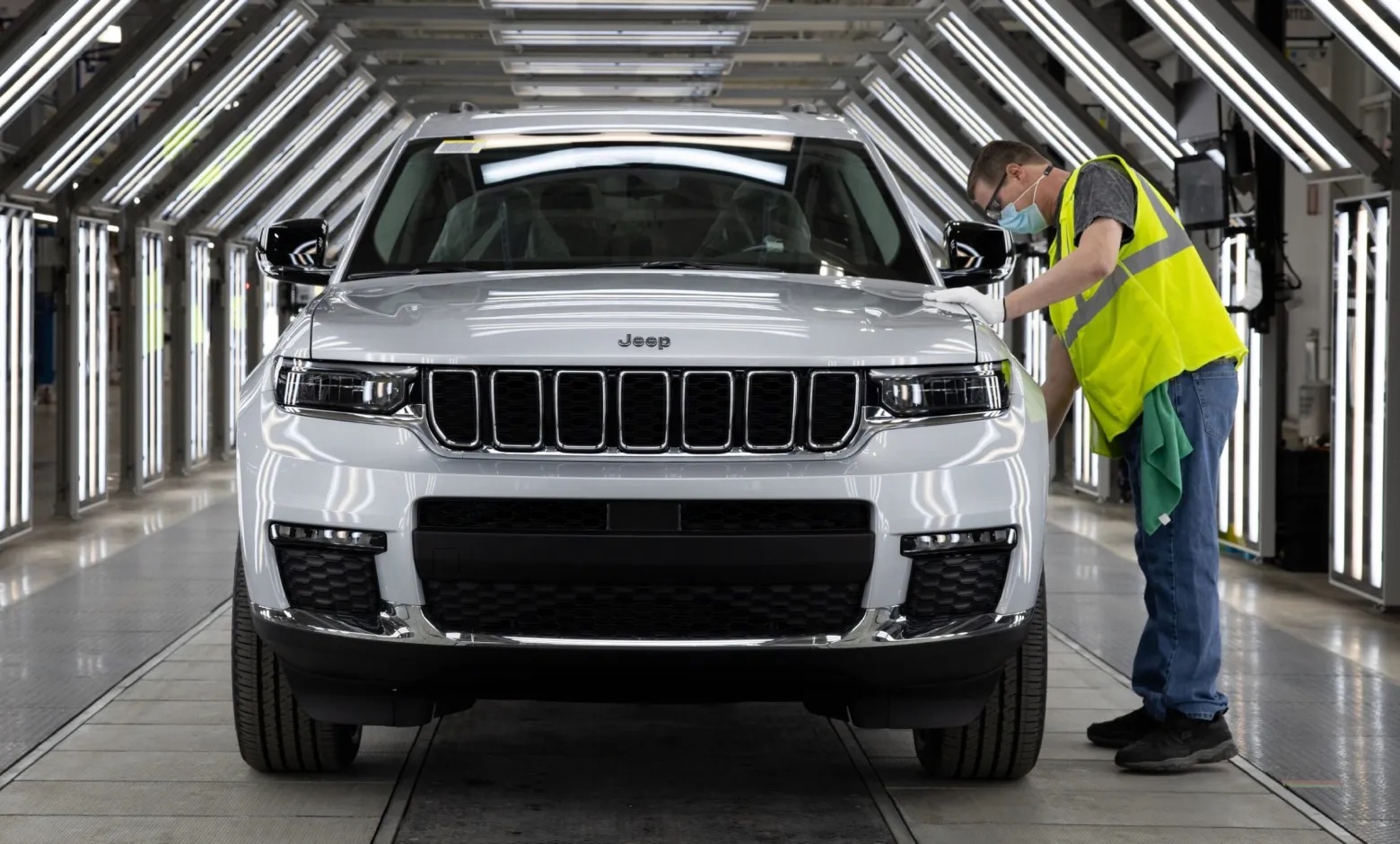
Currently, Stellantis produces several models in the United States across its manufacturing plants:
Michigan:
- Warren Truck Assembly
- Jeep® Wagoneer
- Jeep Grand Wagoneer
- Detroit Assembly Complex – Mack
- Jeep Grand Cherokee
- Jeep Grand Cherokee L
- Detroit Assembly Complex – Jefferson
- Jeep Grand Cherokee
- Dodge Durango
- Sterling Heights Assembly Plant
- Ram 1500
- Toledo Assembly Complex
- Jeep Gladiator
- Jeep Wrangler
With domestic auto manufacturing a central focus of Trump’s economic policy, this proposal signals a push toward strengthening American industry amid shifting trade policies and economic uncertainties. While no formal legislation has been introduced yet, the initiative will likely be a key topic of discussion as election season approaches.

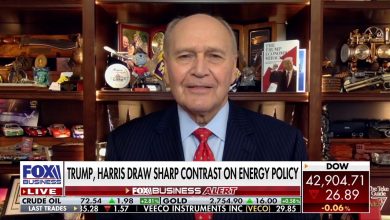

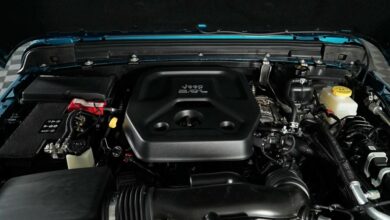
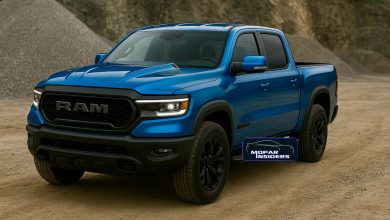

4 replies
Loading new replies...
Join the full discussion at the Mopar Insiders Forum →